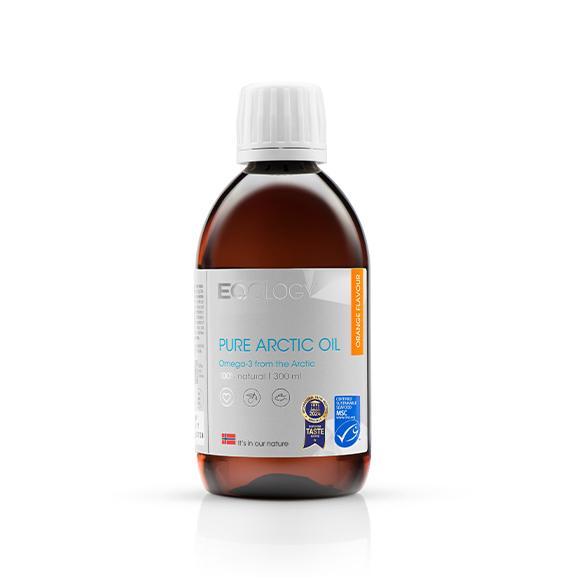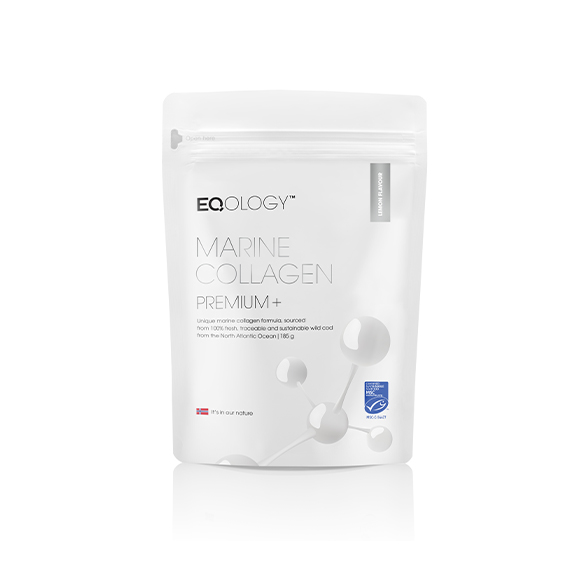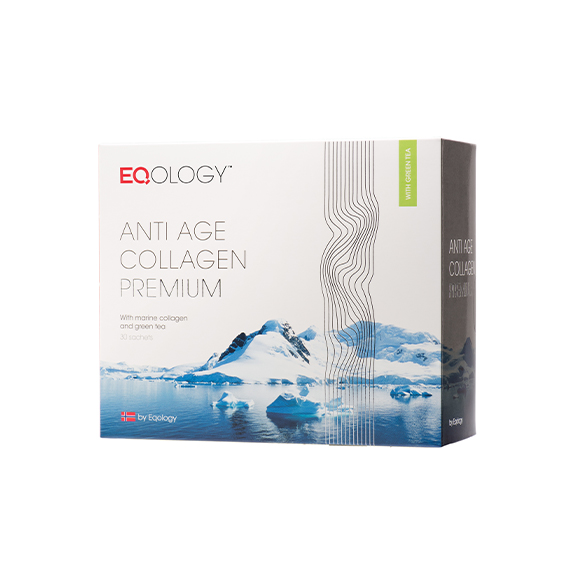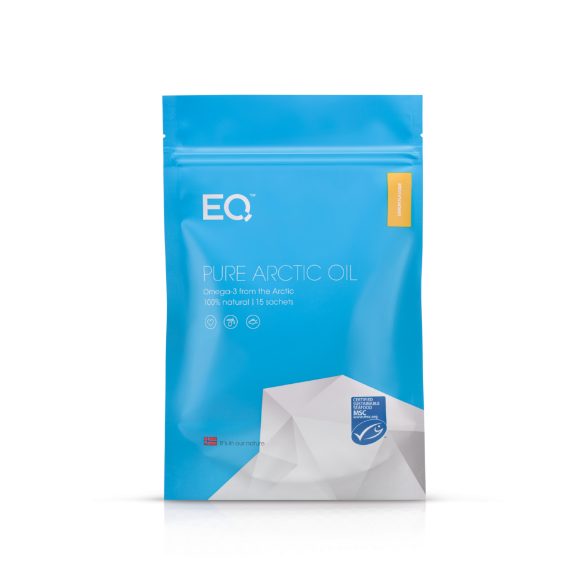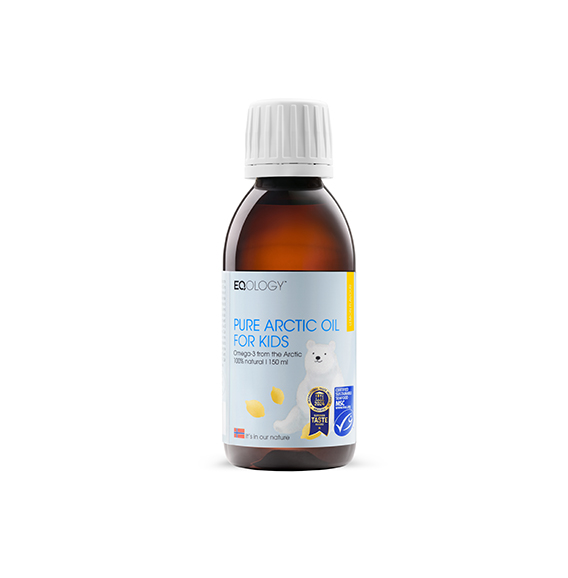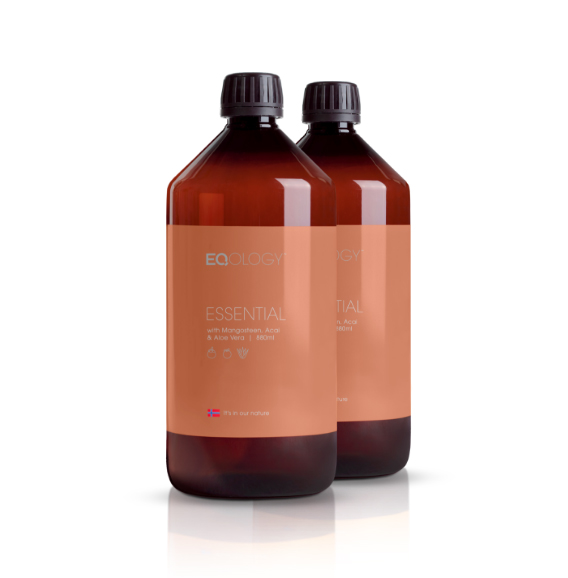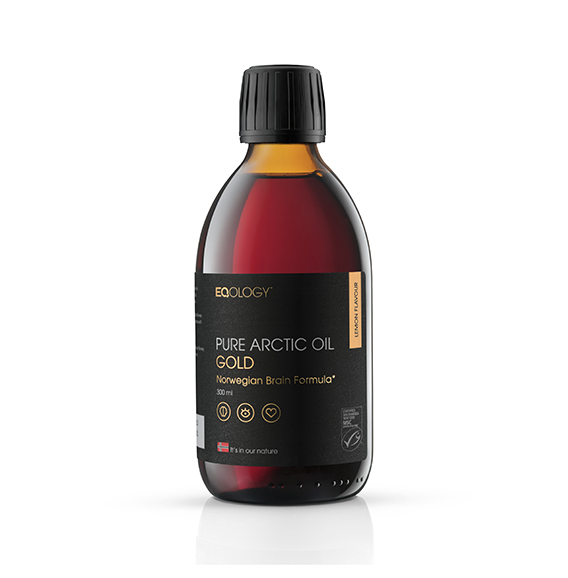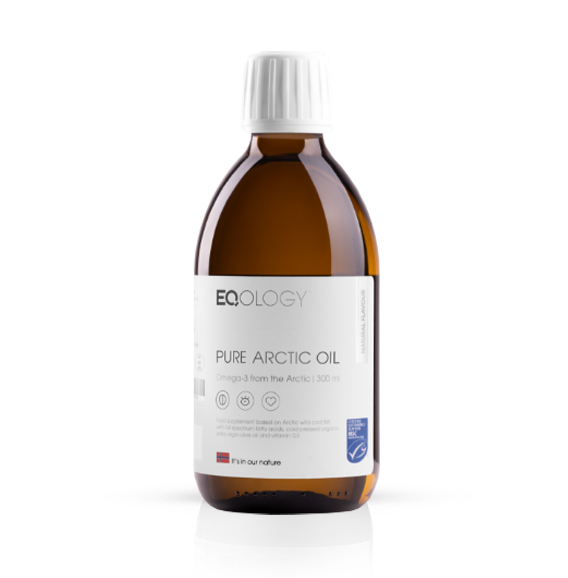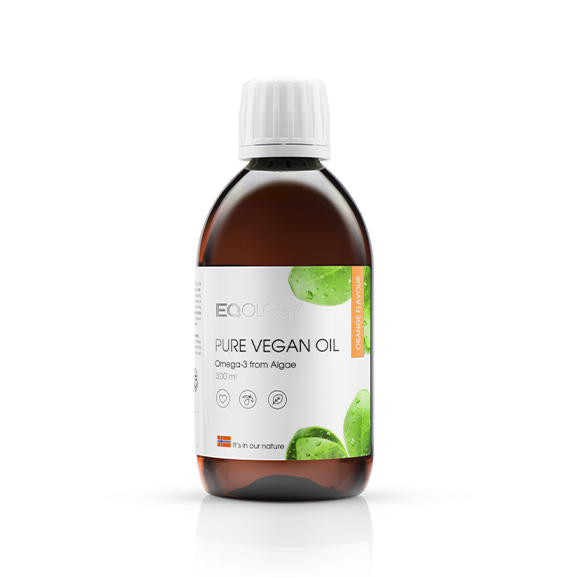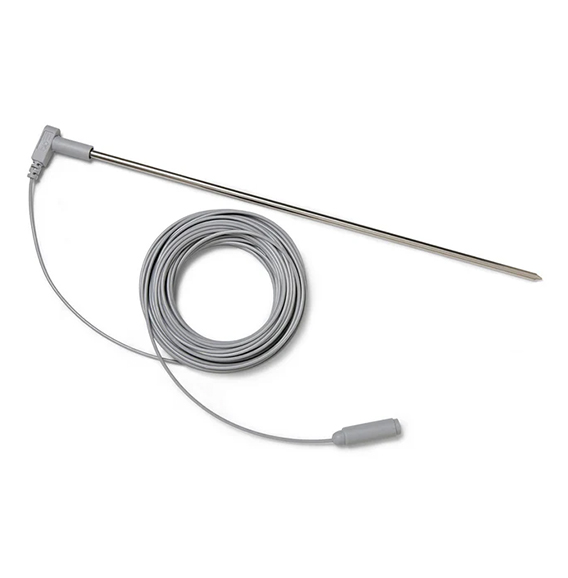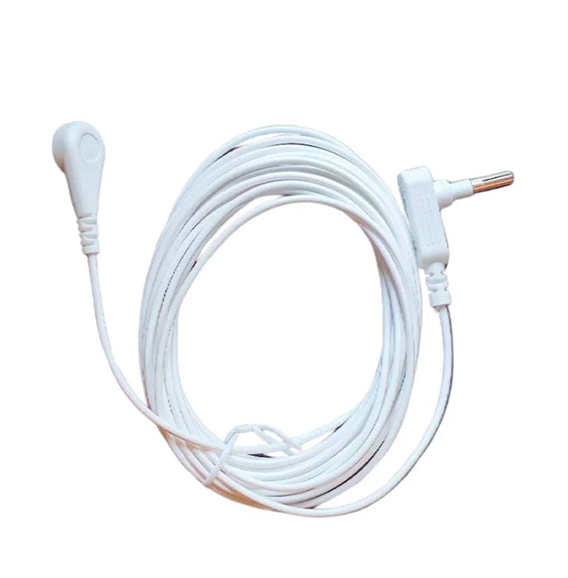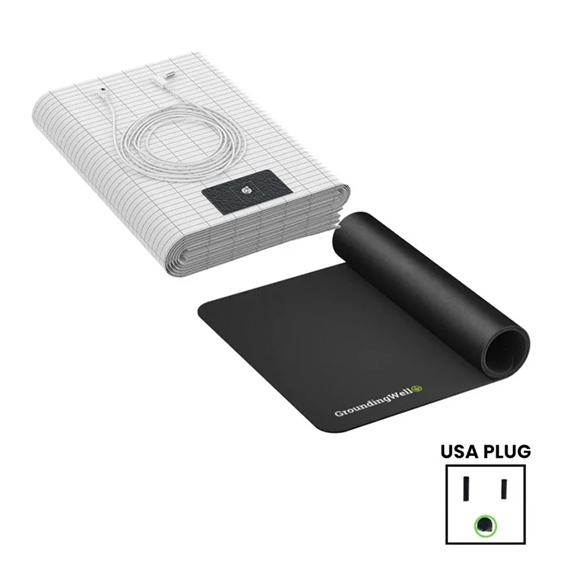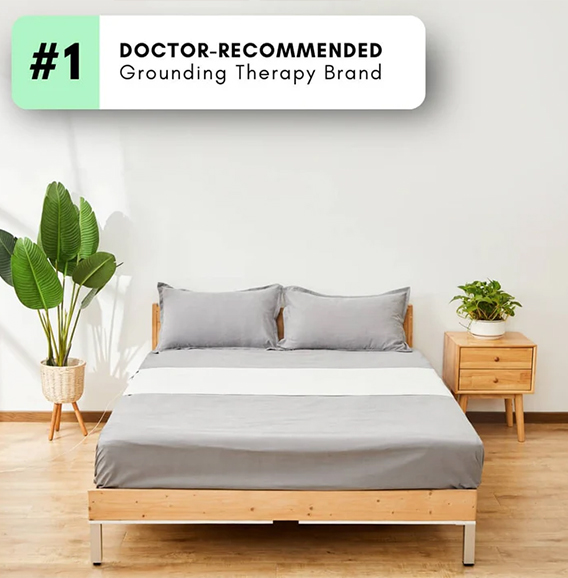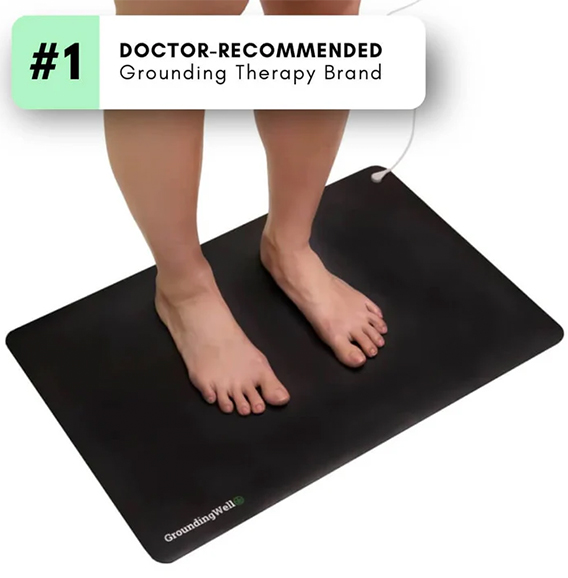Endometriosis is a chronic inflammatory condition affecting millions of women globally, causing severe pain, menstrual irregularities, fertility challenges, and other complex symptoms. While its exact cause remains unclear, modern research increasingly links endometriosis with chronic inflammation, oxidative stress, tissue hypoxia, and dysfunctions in the immune and mitochondrial systems.
What is Hyperbaric Oxygen Therapy (HBOT)?
Hyperbaric Oxygen Therapy (HBOT) involves breathing pure oxygen under increased atmospheric pressure inside a hyperbaric chamber. Traditionally used for hard-to-heal wounds, brain injuries, and diabetic complications, recent studies show its potential benefits for women with endometriosis.
How Hyperbaric Chamber Hertfordshire Helps in Endometriosis
If you are in Hertfordshire or nearby, utilizing a Hyperbaric Chamber Hertfordshire can:
-
Enhance blood rheology and oxygen delivery
-
Induce vasoconstriction to reduce leakage and swelling
-
Support oxygenation in ischaemic, inflamed tissues to promote healing
Anti-Inflammatory Effects of HBOT
Under hyperbaric conditions, oxygen penetrates deeply into inflamed tissues, reducing pro-inflammatory cytokines such as IL-1, IL-6, and TNF-α—key contributors to endometriosis symptoms. This leads to pain relief, reduced disease activity, and tissue regeneration.
Supporting Mitochondrial Function and Cellular Health
HBOT stimulates ATP production, lowers cell death enzymes (caspase-3 and caspase-9), and increases antioxidant enzymes like catalase and heme oxygenase-1 (HO-1), helping restore energy production and cellular balance.
Improving Microcirculation and Reducing Pain
Hyperbaric therapy enhances pelvic blood flow, reduces swelling and local hypoxia, and helps control chronic pain through vasoconstriction and inflammation reduction.
Immune System Modulation by HBOT
HBOT inhibits inflammatory pathways (TLR4 and NF-κB), decreases active macrophages and leukocytes, and reduces adhesion molecules such as CD18, helping balance the immune response without heavy reliance on drugs.
Combining HBOT with Targeted Supplements
To maximize benefits, combining HBOT with anti-inflammatory and antioxidant supplements is advised. These can be purchased at our online shop: https://bdytherapy.co.uk/shop/. Together with a personalized diet, this supports symptom relief, fertility improvement, and overall wellbeing.
Anti-inflammatory and antioxidant:
– Curcumin, found in CurcuVita, provides strong anti-inflammatory and antioxidant support by naturally inhibiting pro-inflammatory cytokines such as TNF-α and IL-6, both strongly linked to endometriosis symptoms. It helps calm pelvic inflammation, reduce oxidative stress, relieve pain, and promote tissue healing.
– Resveratrol –is a powerful polyphenol that inhibits abnormal angiogenesis of new blood vessels which feed endometrial lesions, reduces reactive oxygen species (ROS), protects cellular health, supports hormonal balance, and may improve fertility outcomes.
– Broccoli extract (sulforaphane) we can find in BestNAC – activates the Nrf2 antioxidant pathway, increases glutathione production, enhances liver detoxification, regulates estrogen metabolism, and helps protect the body from oxidative damage and inflammatory flare-ups.
– Omega-3 (EPA/DHA) are among the most effective natural anti-inflammatory agents, supporting hormonal balance, modulating prostaglandins that drive menstrual pain, improving mitochondrial function, stabilizing cell membranes, and promoting fertility. Oils from wild-caught fish that are purified from heavy metals provide the best quality and effectiveness.
– Selenium is often deficient in women with endometriosis, which worsens inflammation and hormonal imbalance. Working synergistically with vitamin E, selenium strengthens antioxidant defence systems, supports menstrual regularity, reduces pain, and enhances immune resilience.
–Folate (folic acid) is essential for DNA synthesis and methylation processes involved in estrogen regulation. Low folate status has been linked to increased risk of endometriosis, while oral contraceptives further raise the body’s demand. Supplementation supports healthy blood formation, hormonal balance, and proper cell division, though food sources such as leafy greens, asparagus, and organ meats should always remain a foundation. Can be found in BestVitamin contains folic acid along with a wide spectrum of other essential nutrients, including several B vitamins and antioxidants, making it a well-rounded choice for women with endometriosis. Although some of its components overlap with supplements already listed, this can actually be an advantage – as it provides balanced coverage in one formula and ensures no key nutrient is missed. Depending on individual needs, BestVitamin can be used as a core supplement, while other nutrients from the list may be added separately if required. It is also possible to rotate BestVitamin with other high-quality B-complex or single-nutrient formulas, which allows women to tailor their supplementation strategy to symptoms, tolerance, and lifestyle. This flexibility makes BestVitamin a valuable option to consider as part of an integrated approach to managing endometriosis.
– Vitamin C is a key antioxidant that neutralizes free radicals, supports collagen formation and tissue regeneration, enhances immune defence, and plays a crucial role in estrogen detoxification. It also improves iron absorption and works in synergy with selenium and vitamin E. While fruits and vegetables should remain the primary source, natural supplement forms such as acerola extract can provide valuable support.
-Vitamin E (d-alpha-tocopherol) is a fat-soluble antioxidant that plays a key role in protecting cell membranes from oxidative stress and free radical damage. In women with endometriosis, it supports reproductive health by reducing inflammation, improving blood circulation in the pelvic region, and helping regulate menstrual cycles. Vitamin E also works synergistically with selenium, enhancing its antioxidant potential and further supporting immune balance. Adequate levels of vitamin E have been shown to reduce menstrual pain and improve tissue healing, making it an important nutrient for overall hormonal health. It is crucial, however, to choose the natural form d-alpha-tocopherol, rather than the synthetic dl-alpha-tocopherol, as the natural form has superior bioavailability and effectiveness. Dietary sources such as nuts, seeds, and cold-pressed oils remain fundamental, but high-quality supplementation can provide targeted support where deficiencies or increased needs are present.
Mitochondrial and energy support:
– Coenzyme Q10 (ubiquinol) – in BestLife is a comprehensive mitochondrial support formula that works in synergy with CoQ10, as it combines N-acetyl-L-carnitine which transports fatty acids into mitochondria and supports cognitive function. Magnesium taurate which improves muscle regeneration, neurological balance and energy metabolism, wheat germ extract standardized to spermidine which stimulates cellular renewal and autophagy. PQQ (pyrroloquinoline quinone) which promotes mitochondrial biogenesis and enhances antioxidant defence, together creating a powerful blend, that elevates energy production, protects cells from oxidative stress, and supports vitality and longevity. Its active ubiquinol form supports ATP production in the mitochondria, improves cellular respiration, and protects tissues from oxidative stress, restoring vitality and helping reduce fatigue commonly experienced with endometriosis.
– D-ribose – serves as a direct substrate for ATP synthesis, rapidly replenishing cellular energy pools, improving resilience under chronic stress or pain, and supporting daily energy balance.
– Acetyl-L-carnitine – transports fatty acids into mitochondria to be converted into energy, supports metabolic efficiency, enhances nerve and brain function, improves concentration, and reduces fatigue associated with chronic inflammation.
Detoxification and hormonal support:
– Magnesium – is essential for more than 300 enzymatic processes in the body, reduces uterine and pelvic muscle cramps, calms the nervous system, and supports estrogen detoxification in the liver. It can be taken orally or absorbed through the skin during magnesium salt baths, offering both systemic and local relief.
– Vitamin B6, available in B-Complex, plays a key role in estrogen regulation via methylation, eases premenstrual tension, supports neurotransmitter synthesis for mood balance, and helps maintain cardiovascular health through homocysteine control.
– B vitamins (B-Complex) overall are crucial for energy metabolism, hormonal regulation, and nervous system health. Deficiencies may contribute to fatigue, mood instability, and cycle irregularities. Whole food sources such as eggs, meat, whole grains, and green vegetables are fundamental, but high-quality B-complex supplementation can help meet increased demands. It is also important to stay attentive to individual needs, as if blood test results show significant deficiencies in certain B vitamins, it may be better to supplement them as single products. Since VitaminBest already contains a B-complex alongside other key nutrients, it can be a great option, but individual requirements should always take priority. What matters most is to ensure that these vitamins are introduced consistently, in a form that best matches the body’s needs.
– NAC (N-acetylcysteine) can be also in NAC Complex –either alone or in complex formulas, strongly supports liver detoxification, boosts glutathione – the body’s master antioxidant – reduces oxidative stress, and has been shown to slow progression of endometrial lesions.
– Iron Iron is essential for hemoglobin production and proper oxygen delivery, and deficiencies are common with heavy menstrual bleeding. While iron-rich foods like red meat, organ meats, and leafy greens should be your first choice, fermented beet kvass is another valuable, natural source—fermented beetroot juice that boosts iron absorption and gut health, easily made at home or found in health food stores. If supplementation becomes necessary, opt for well-tolerated, natural forms such as Feromax, which offer high bioavailability and gentle absorption.
-Iodine supports thyroid function, hormone regulation, and metabolism—areas often disrupted in women with endometriosis. It can be supplemented using natural forms such as Lugol’s solution, which may be taken drop by drop in milk, but always according to individually tailored doses; it doesn’t have to be used daily. Some practitioners also recommend topical use of Lugol’s iodine on the skin (though it may stain), and there are home-based methods like the iodine patch test that can offer a rough idea of deficiency—even though they don’t accurately determine your exact needs HealthlineUK. However, detailed individual protocols (often called “iodine protocols”) should never be used without the guidance of an experienced therapist.
The importance of iodine—and the consequences of deficiency—are extensively discussed in leading books such as The Iodine Crisis by Lynne Farrow and Iodine: Bringing Back the Universal Medicine by Dr. Marc Sircus. These texts explain how iodine deficiency can contribute to menstrual irregularities, painful periods, and ovarian cyst formation, and they also offer guidance for women with Hashimoto’s thyroiditis. It’s also worth noting that VitaminBest already includes iodine, making it a well-rounded option for daily support. For more information on how to perform the at-home skin-based test as a quick check (while understanding its limitations), you can find instructions here.
– Endometrium Complex Specialized formula designed to nourish your body and help maintain balance every day. Thoughtfully formulated dietary supplement designed to support women’s health. It features a powerful blend of Veri-te™ resveratrol, NAC (N-acetyl-L-cysteine), green tea extract, inositol, and vitamin D3. This unique combination helps maintain proper muscle function and contributes to overall well-being.
-Boron also in VitaminBest acts in a way similar to estrogen, helping to prevent the loss of minerals from bone and supporting skeletal strength. For women with endometriosis, boron is particularly valuable when combined with vitamin D, calcium, magnesium, and zinc, as this synergy improves bone density and helps counteract deficiencies that may arise from chronic inflammation or hormonal imbalance. Adequate intake of boron, around 3 mg daily, has also been linked to improved utilization of key minerals and may play a role in supporting hormonal balance and reducing menstrual discomfort. While no official deficiency has been identified, low dietary intake may compromise bone and reproductive health. Fresh fruits and vegetables are natural sources, making a nutrient-rich diet the best foundation, though targeted supplementation can be beneficial when additional support is needed.
-Zinc works in close cooperation with vitamin B6 in the hypothalamus, supporting the production of gonadotropin-releasing hormone (GnRH), which communicates with the pituitary gland and informs the ovaries how and when they should function. Adequate zinc levels are therefore essential for proper hormonal signaling, ovulation, and menstrual regularity. High wheat consumption can lower zinc status, as wheat contains phytic acid which binds to zinc and blocks its absorption. One visible sign of deficiency can be white spots on the nails. Zinc is also a component of insulin, helping stabilize blood sugar and metabolic function, and it plays a role in preventing ovarian cyst formation when balanced with copper, iron, and manganese. Elevated copper or high estrogen levels are associated with the development of ovarian cysts, highlighting the importance of mineral balance rather than focusing on one element alone. Can be found in BestProtect , Zinc Complex, L-Lysine Picolinate.
Chromium also can be found in VitaminBest is equally important, as it helps regulate blood sugar levels and reduce cravings for sweets. Together with vitamin B3, it forms part of the glucose tolerance factor, supporting stable energy release and preventing insulin resistance. Chromium deficiency may manifest as excessive sweating, irritability, constant hunger, and daytime sleepiness—all symptoms that can add further stress to women already coping with endometriosis.
Since nutrient absorption plays such a key role, it is worth paying attention to gut health. Probiotics such as BestBiotic and Probiokolo help restore a healthy intestinal microbiome, improve digestion, support immune balance, and may reduce inflammation in the pelvic region. In some cases, women with endometriosis also benefit from digestive enzymes, for example Enzygluten, which assist in breaking down food more effectively and may be particularly helpful when symptoms include bloating or discomfort after meals. These products are not a “one-size-fits-all” solution, but if constipation or sluggish digestion is an issue, probiotics and enzyme support can make a meaningful difference in nutrient absorption and overall wellbeing.
The foundation should always be a nutrient-rich diet full of fresh fruits, vegetables, nuts, and seeds, but when deficiencies persist despite healthy eating, it may indicate impaired gut function caused by stress, medication, or surgery. Malabsorption significantly impacts the body’s ability to heal and restore balance. In such cases, working on gut repair and absorption capacity is just as critical as adding supplements. Supporting the whole organism, not just reproductive organs, is key to recovery.
Hair mineral analysis has been shown to be an effective method of identifying low mineral levels, which can then be corrected with targeted short-term supplementation. A study involving 150 women with diagnosed endometriosis found a consistent pattern of deficiencies, particularly in vitamins C, B1, B3, and B6, as well as the minerals magnesium, zinc, and chromium. This highlights how endometriosis is not just a localized condition of the uterus and ovaries but a systemic disorder that requires whole-body support.
Another mineral test I can recommend is from Eqology. Mineral Test Kit is an at-home test designed to measure the levels of five essential minerals: magnesium, selenium, zinc, copper, and iodine — nutrients that are often deficient yet difficult to detect without proper testing. The test is simple to perform in seven steps, and the sample is analyzed by the independent laboratory Vitas AS in Oslo. Results are delivered anonymously online within 20–25 business days. This makes it a valuable tool for identifying which minerals may need targeted support, allowing you to adjust diet, supplementation, and lifestyle according to your individual needs. Shipping to the lab is free, just place your sample in the included envelope.
Tip: For women with endometriosis, the test can be especially helpful, as deficiencies in magnesium, selenium, zinc, and iodine are common and can worsen inflammation, hormonal imbalance, and pain. Using the results as a guide allows you to personalize supplementation — for example, deciding whether a broad-spectrum complex is sufficient or if single, higher-dose nutrients (like selenium or zinc) are needed. In this way, the test helps avoid both under-supplementation and unnecessary excess, supporting a safer and more effective healing strategy.
Conclusion: HBOT as a Valuable Adjunct Therapy for Endometriosis in Hertfordshire
While not a cure, HBOT offers a multi-faceted approach addressing inflammation, oxidative stress, mitochondrial function, and immune balance. For women in Hertfordshire with endometriosis, hyperbaric therapy combined with tailored supplementation can significantly improve quality of life and symptom management.



